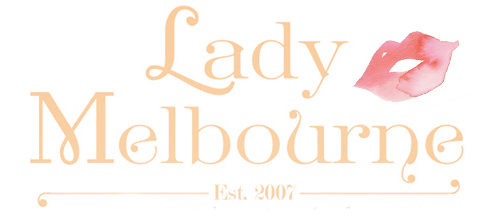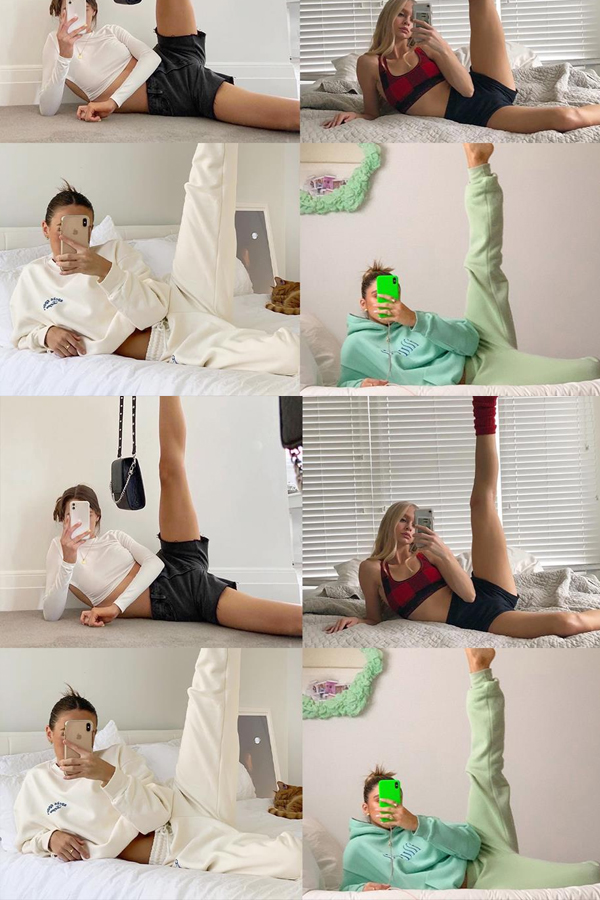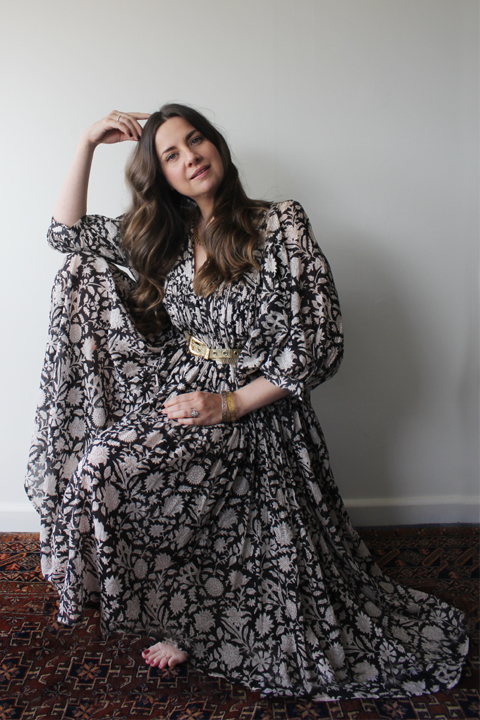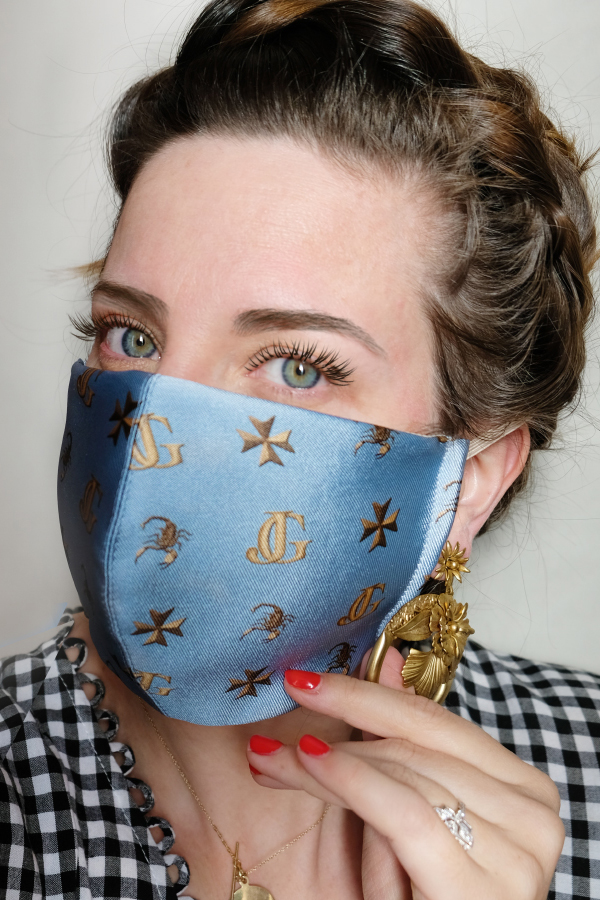We all love to hate influencers, but could they be closer to home than we think?
Some #Influencers do dreadful things, on that we can all agree. The word, now synonymous with derision and aspiration alike, has been stretched to mean so many things. But headlines like, ‘Myka Stauffer apologizes for rehoming autistic son and ‘letting down’ fans,’ or ‘Influencer photoshops fake backgrounds of Paris on her actual trip to…Paris,’ make us sigh with contempt at the sheer idiocy of their lives playing out online.
We see them as too keen to accept trinkets, trips and cash in return for making goods, services and destinations look desirable on social media.
“I literally can’t wait for the bubble to burst,” said Nora Zukauskaite, head of Marketing for Ciate London in a recent interview with The Drum. “But who are they actually influencing? Surely no one, as everyone can see what’s happening?”

What is happening is the exchange of business worth an estimated $15 billion by 2022, according to Business Insider intelligence estimates, based on Mediakix data.
Fifteen. Billion. Dollars.
According to a 2019 Harpers Bazaar article titled, ‘THE 10 HIGHEST-PAID FEMALE INFLUENCERS IN AUSTRALIA,’ the average following on Instagram alone was 1 million, with an annual net worth of around $500K per person. Chances are if you are reading this you will recognise the names Tash Oakley (@tashoakley), Nicole Warne (@nicolewarne) or Kayla Itsines (@kayla_itsines) all of whom were on the list.
Paid to simply…exist?
This is not just about #sponsored breakfast cereal or a free lipstick here and there, this is about people being paid serious coin. And for what? It’s this intersection where I believe things get icky, and a lot of credibility gets lost in the minutely curated feeds of the overwhelmingly young, thin and wealthy.
Because seemingly, these people are paid to simply exist and be themselves. Brushing teeth? There’s a #collab for that. Driving a car? Got that covered with a #partnership. You don’t need to work your way up, get an education or pay your dues to get to the top. You don’t even need real lips to found a business based on lip gloss if billionaire Kylie Jenner is to be believed.
But what if being influenced is closer to home that you think?
Setting the ones we all love to hate aside for a moment, the biggest cohort marketers are looking to in 2020 and beyond are micro influencers. These are people with 10K – 100K followings on any given social media platform. There are now agencies dedicated to developing talent with less than 10K followers. A simple following of 500 people can be enough to develop partnerships with brands.
“We at Territory Influence believe that everyone is an influencer and has an influence on someone,’ managing director Rafael Schwarz told Forbes recently.
From my own experience if someone I personally know posts something online that I like the look of, I’m more likely to follow up with a question. Where’d you get that coffee/vase/dress? If my friend has paid money for something, it must be good…right?
“Based on that expertise and passion for a topic (which could be anything from cooking to travel, from pets to DIY, or from beauty to fashion), their audience is often highly engaged and puts a lot of trust into the content creator. While considered a trusted topic expert, micro-influencers are still personally connected and have established relationships with most of their followers due to the personal touch that larger companies and social celebrities often lack,’ said Scharwz.

Could that mean that you are in fact…an influencer?
While these uncertain times continue, audiences are desperately looking for people they can connect with, relate to and rely on – and that’s why we’re seeing a big popularity surge for people with small but authentic audiences.
The NBN here in Australia has reported a 70-80% rise in data consumption since the beginning of the first lock down in March. We are on our devices more than ever, checking, scrolling, updating and generally trying to kill time.
We love to look at Diet Prada (@diet_prada) and ShitBloggersPost (@shitbloggerspost) as a watchdog for all things ridiculous to criminally wrong with the fashion industry, but perhaps our scrolling habits bely the fact that we love nothing more than peering into other people’s lives.
For #influence? I’ll let you be the judge.



